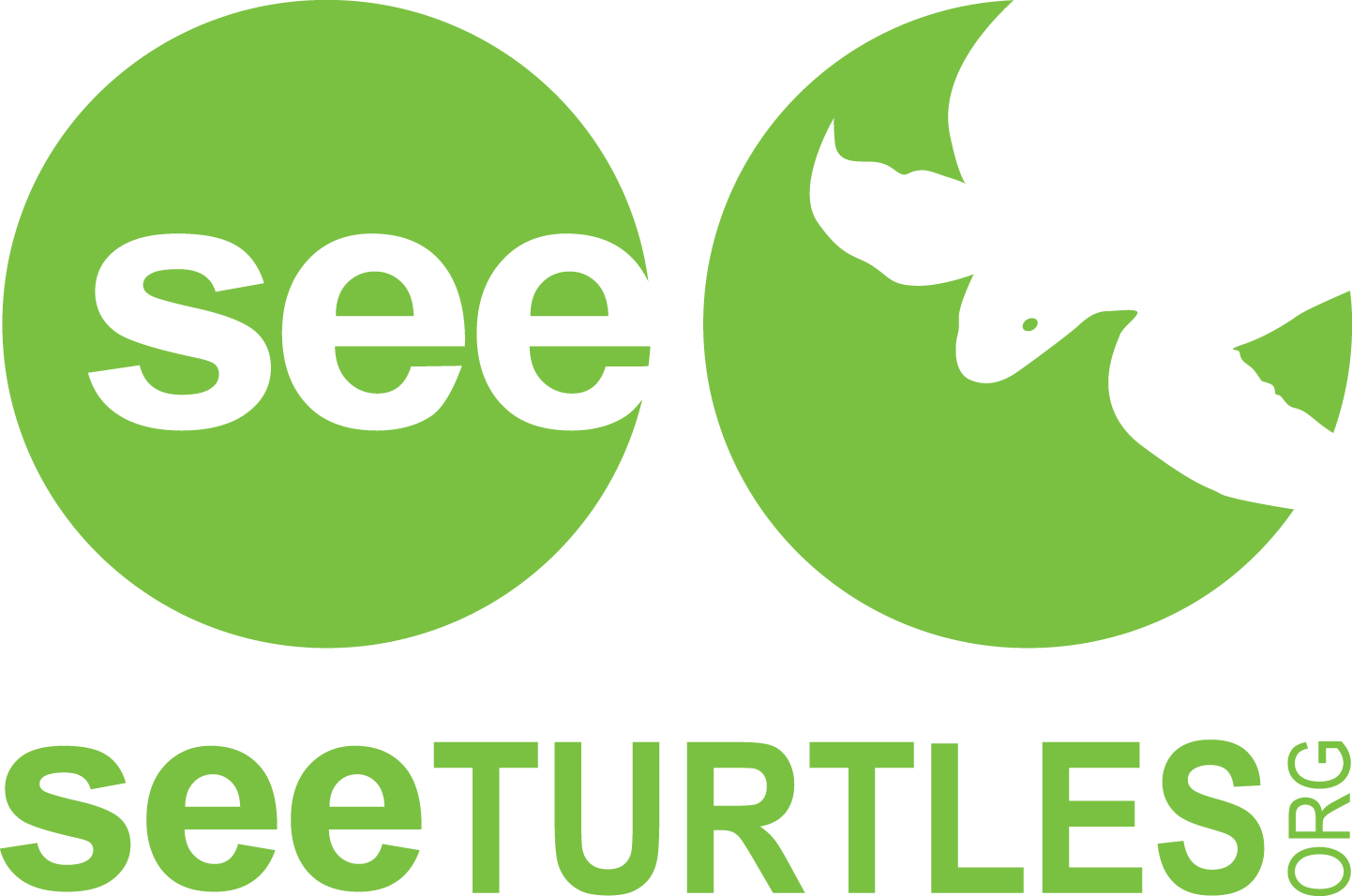Sea Turtles & Plastic Program Update
It has been a busy few months for our Sea Turtles & Plastic program! With grants to organizations in Curacao, Colombia, Kenya, and Mexico, we have helped our partners fund efforts to cleanup up sea turtle nesting beaches, educate and engage local communities, and convert plastic beach trash into marketable goods. Our partners have engaged in hard on the ground work, launching new programs and working on novel solutions to ocean plastic issues.
Green Phenix
On the island of Curacao, Green Phenix organizes regular beach cleanups, educational tours and converts collected ocean plastic into new products. Founded in 2019, Green Phenix grew from a project in a backyard to an organization with 8 employees and 24 participants in a “learn and work program” in a beautiful facility that has reached over 5,000 kids with educational presentations. Their project offers people that have been unemployed for a long time the opportunity to join the “learn and work program” for 1 year.
Since October 2021, they have collected a staggering 7,660 kg (16,800 lbs) of trash with 269 kg (~600 lbs) marked for recycling through regular beach cleanups with the support of funds from SEE Turtles. In their plastic bakery, collected beach plastic is transformed into new products. Current efforts are focusing on using newly acquired molds to convert beach plastic into standardized high-quality souvenirs. Four team members have been trained to operate the 3D printers so far. They also produce products that are handcrafted and extruded.
Photo: Green Phenix
Research Center for Environmental Management and Development (CIMAD)
CIMAD works to address the pollution of sea turtle nesting beaches in the community of Pangui in the Chocó Pacific region of Colombia by transforming plastic into artisanal and utilitarian handicrafts made by local women. Efforts began in December of 2021 by sending materials and tools funded by SEE Turtles to a group of women known as Mujeres Conservando Vida. They were able to turn collected beach trash into Santa Claus dolls and Christmas trees that the women were able to take home, with the intent to teach locals that recycled materials can be transformed into decorative objects, handicrafts, and other marketable products. In January of 2022, the first workshop on plastics and turtles was held with the group of women, where they were informed about the importance of keeping the beaches free of this material for the conservation of sea turtles in their community.
Currently, the Mujeres Conservando Vida group is made up of 14 people, 8 of whom are active in the production of recycled plastic products. So far, they have collected 6.5 kg of plastic (14 lbs) from local sea turtle nesting beaches. This material has been washed, dried, cut into strips, and turned into skeins which have been woven into hats and bags. They have also created flowers and floral arrangements. COVID has slowed tourism in the region but they hope to be able to sell their products at the Nuquí airport, as well as hostels and hotels in the area soon. They are also marketing their goods on Instagram where you can find them as @mujeresconservandovida. They plan to donate 15% of the profits obtained from products sold to tourists to purchase equipment needed by local groups that monitor the Pangui sea turtle nesting beaches.
Photo: CIMAD
Community-Based Environmental Conservation (COBEC)
Tying together sea turtle monitoring, education and plastic waste collection, COBEC has focused their efforts on the beaches and communities along the Marereni Seascape of Kenya. With little known about the local sea turtle population, COBEC began by training 10 community members with a passion for sea turtle conservation. Residents were taught how to effectively monitor the sea turtle nesting beaches and to collect data needed to inform management for the proper conservation. The team has identified 27 nests this season with 14 nests successful hatchings for a total of 1,478 hatchlings. Three species have been identified nesting on their beach: green sea turtles, hawksbills and olive ridleys.
Every month they hold a beach cleanup with local communities in their attempts to keep the nesting beaches free of trash and aide in habitat restoration. They have collected 1.2 tons of plastic waste and procured a plastic bottle shredder to shred and convert this plastic into small goods like key holders. They have also filled 1,000 plastic bottles with sand to make building materials.
Photo: COBEC
Campamento Tortuguero Mayto
Campamento Tortuguero Mayto works to address plastic pollution in their local communities on Mexico’s Pacific coast by providing local collection containers. Previously, people would dispose of plastic by burning it along with their garden waste, adding toxins to both the environment and air. The collection containers have provided local communities with an alternative disposal solution. With 29 containers currently deployed, they have collected 411 kg of plastic (~900 lbs) in the last 6 months, benefiting 250 people.
The plastic collected in these containers is brought to transported to the collection and management center, located at the Centro de Educación Ambiental de Mayto (CEAM). Plastic is manually separated according to plastic recycling number and color. Using the thermo-molding technique, the plastic is shredded into small pieces and directly recycled to create kids chairs, roof tiles, bowls, and other products. Recent efforts to create recycled goods have been halted due to electrical issues but they are hoping to resume soon. In the meantime, they are continuing their plastic collection and compaction, beach and town clean ups, and environmental education workshops with volunteers and students. They have also been working together with active members of the plastic transformation community in different states in Mexico. One example of this is their partnership with SuuT KuXtal, with whom they have designed and created a plastic inclusion mold to create a turtle that can be sold as a souvenir to tourists and students. Check them out on Instagram here @campamentomayto.
Photo: Eco Mayto




